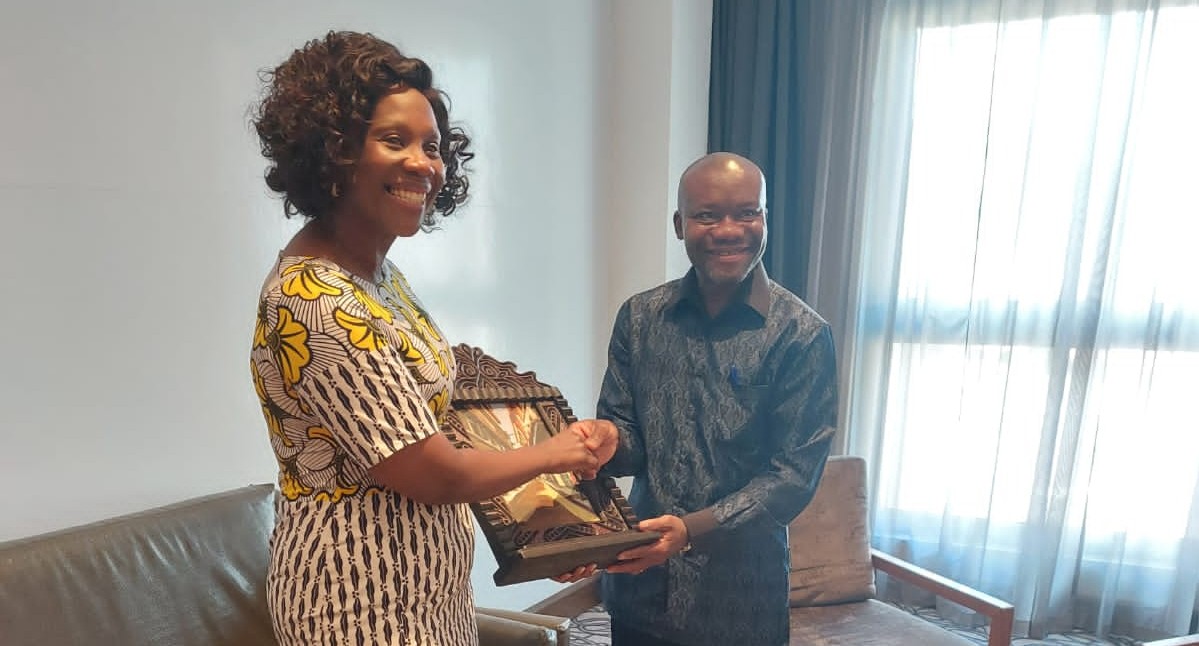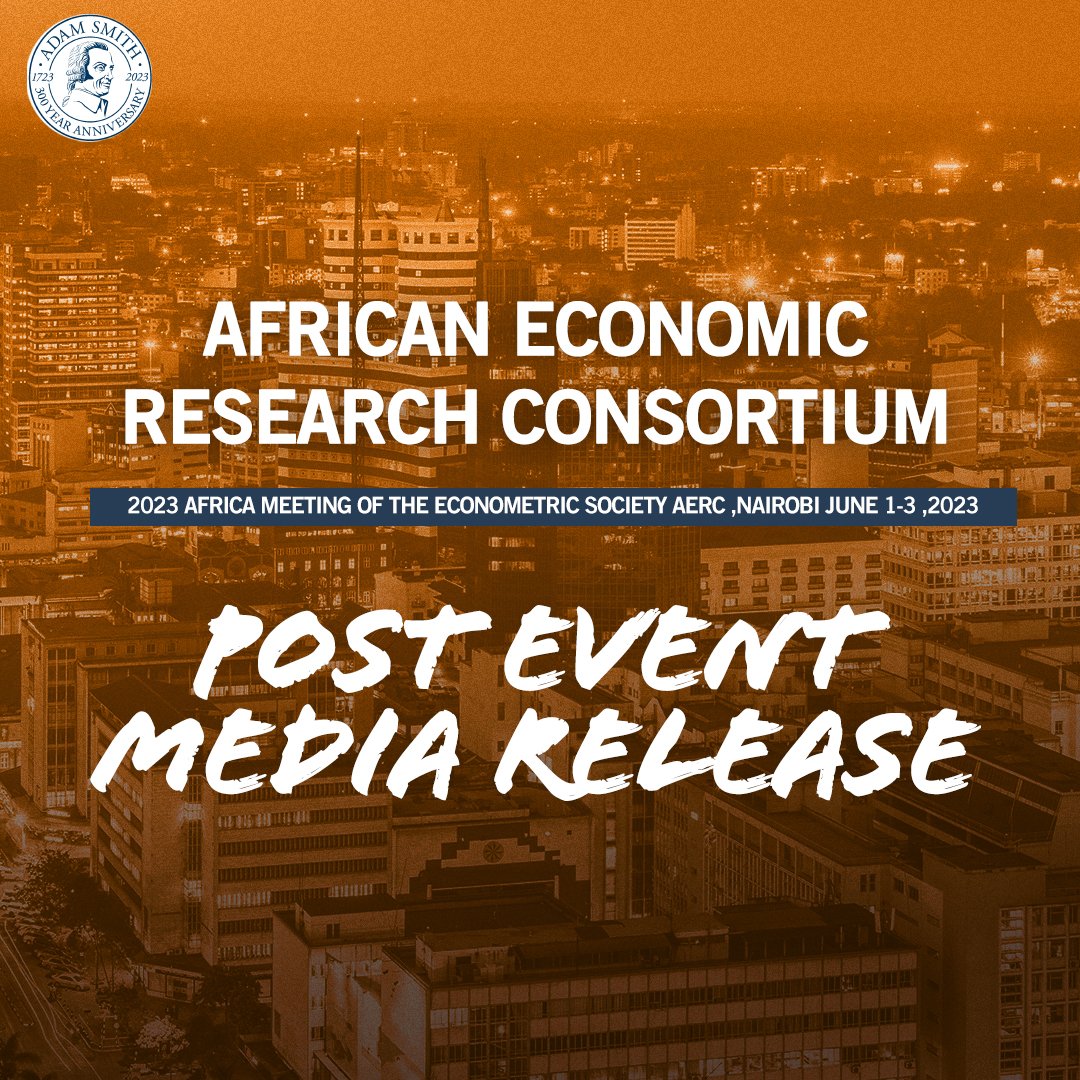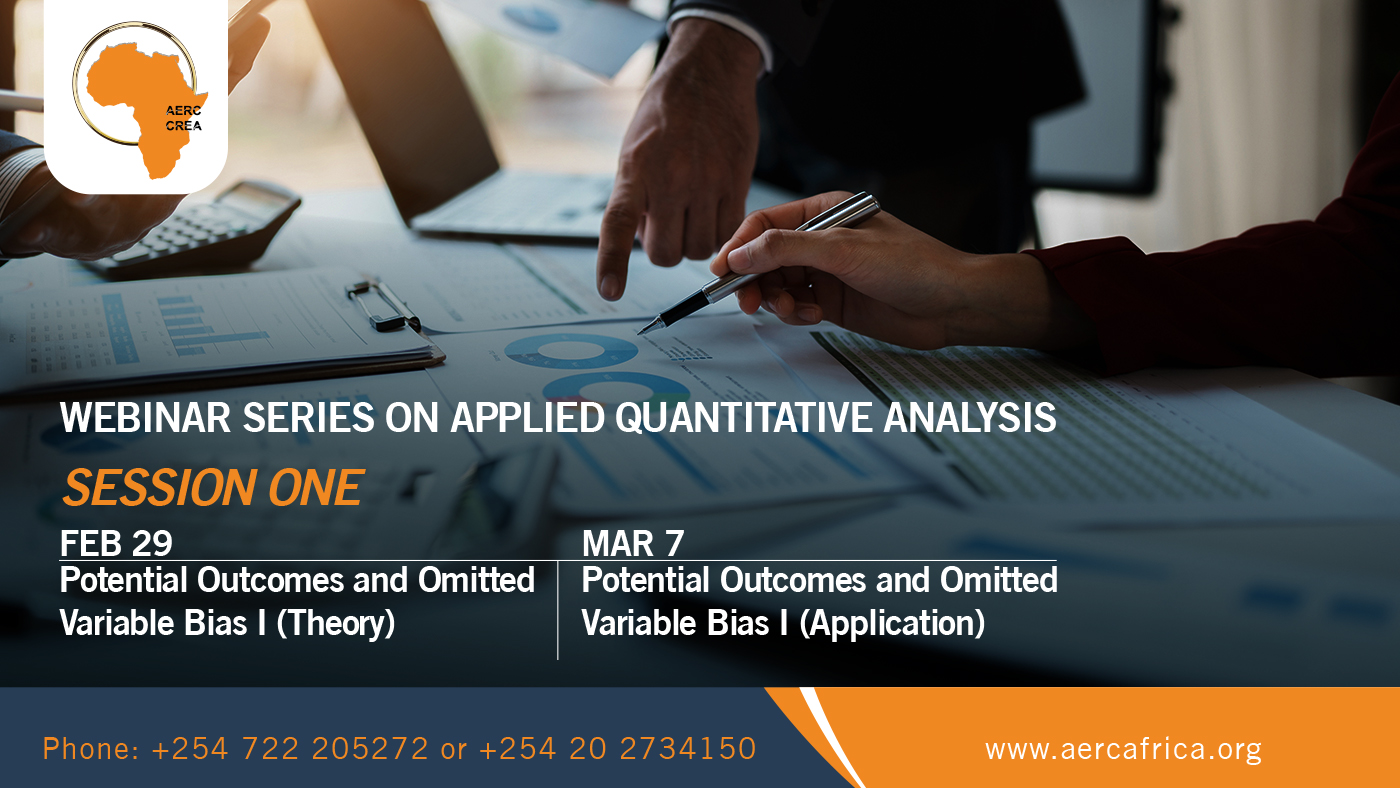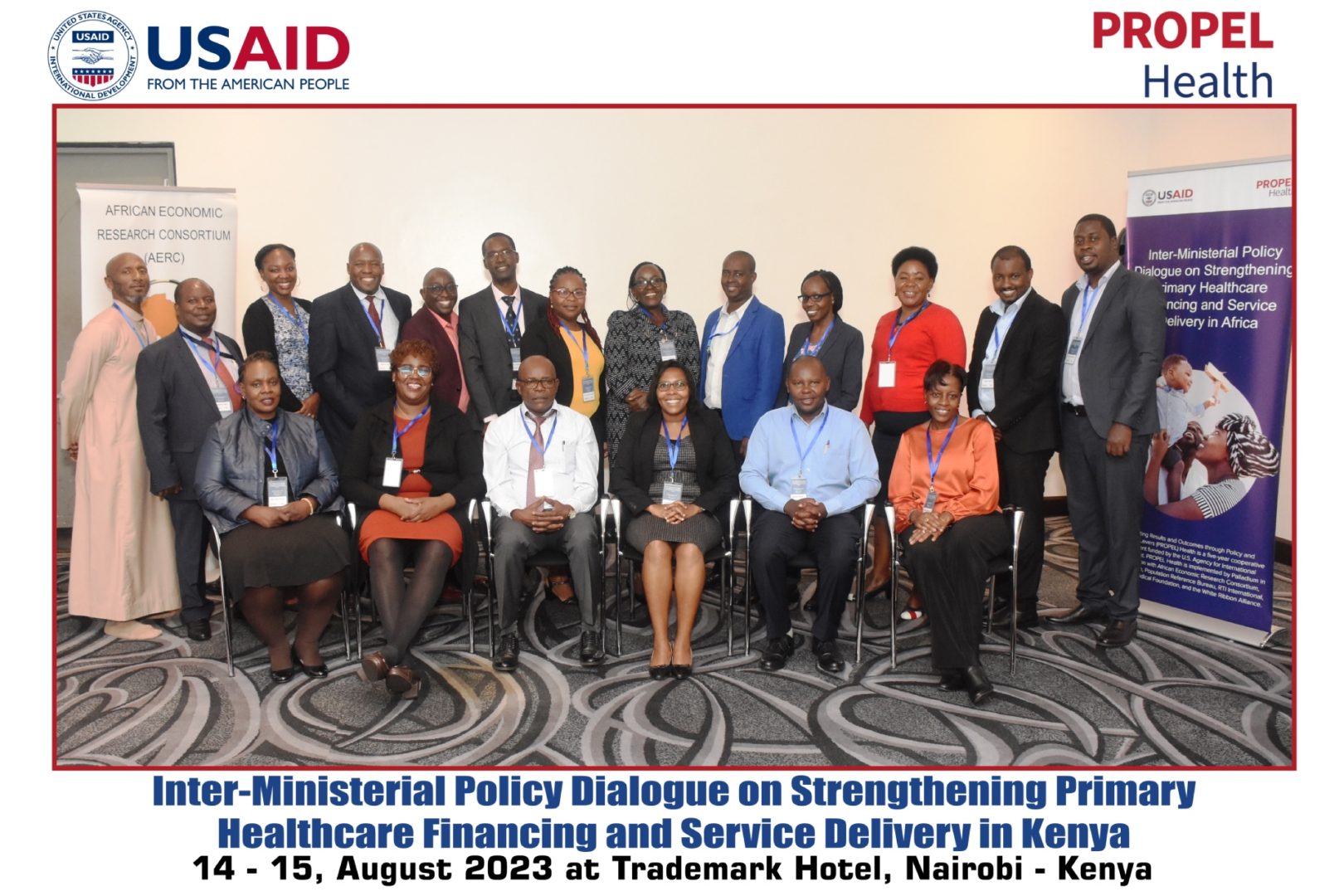

AERC Joint Facility For Electives Starts Off
July 10, 2024The African Economic Research Consortium’s highly acclaimed Joint Facility for Electives (JFE) has got off to an inspiring start. The official opening of the programme which was presided over by Prof. Vitor Murinde, AERC Executive Director runs from 8th July to 8th November 2024. The JFE brings together AERC Collaborative Master’s Programme (CMAP) and Collaborative PhD Programme (CPP).
This year, the JFE is hosting 109 CMAP students drawn from eight (8) CMAP universities and 37 CPP students are from eight (8) CPP universities and there are two (2) non-CPP universities participating. Of the number of CMAP students 37.6% are women, while 16.2% are female participants in the CPP.
Prof. Murinde noted in his official opening remarks that this would be the fifth year of hosting the CMAP and CPP JFE on a virtual platform since 2020. And as has been over the last four years, the CMAP-CPP JFE 2024 will be delivered virtually via Zoom video conferencing platform and the AERC Learning Management System (LMS). He congratulated each student for the excellent work that saw their admission to the AERC’s 2024 Joint Facility for Electives programme.
He also recognized the Visiting Professors who are participating in the programme. “The AERC appreciates the sacrifices that each one of you has made in taking time out of your busy schedule to prepare and participate in the teaching of the respective JFE elective courses that are being offered”.
“Through its thematic and collaborative research programmes, the AERC has mentored over 4,500 Africans from 41 countries. The Training Programme has to this end produced over 5,000 master’s and PhD alumni, most of whom are to be found in prominent leadership positions impacting policy and economic reforms across Africa” said Prof. Murinde.
With regard to the future of AERC as the organization commemorates it’s36th birthday, he noted that recent external evaluation that was commissioned by the Board with the primary aim of identifying challenges and strategic options for AERC reported the changing African environment in which the AERC is operating. Consequently, AERC would need to, going forward rethink its research agenda and aim at enhancing quality, visibility and policy impact; besides this focus on reconstructing the training programme to make it more demand driven.
One of the items included in the programme was the “Award of the AERC Academic Advisory Board Prize to the Best CMAP and CPP Students”. This prize is awarded to a candidate with the best performance in the CMAP/CPP JFE examinations. Ritah Ahumuza, a female student from Makerere University, who scored an average score of 87.5%, which was higher than the average scores of the top students in the previous five (5) years was the top student. Prince Kwabena Opoku, a male PhD student from the University of Cape Coast, Ghana, on the other hand emerged as the best student in the CPP Class of 2022, with an average score of 87.8%. They were both gifted with a certificate each by Prof. Beatrice K. Mkenda – Chairperson, CMAP-CPP Academic Advisory Board
The JFE programme is an intensive teaching environment that offers a full range of elective courses in the CMAP and CPP. Each year, eligible CMAP and CPP participating universities send their postgraduate students to a common facility known as the Joint Facility for Electives to be taught elective courses by a team of visiting lecturers competitively sourced internationally.
A total of seven (7) elective courses each will be offered under CMAP and five (5) under CPP in the programme. These will be led by a team of 14 internationally and competitively sourced distinguished lecturers and professors with vast experience in university graduate teaching, as well as a track record of research and publication in various fields of economics.
To overcome the bottleneck of the inability to mount a reasonable choice of elective courses in most African public universities, it was decided that resources be pooled by teaching of electives in a joint facility. Such a facility makes it practical to offer a significantly larger number of electives than is possible in any one department. It also allows for the recruitment of outstanding scholars from the region and overseas to teach these courses. Students participate in the JFE after successful completion of the core courses at their respective universities.





